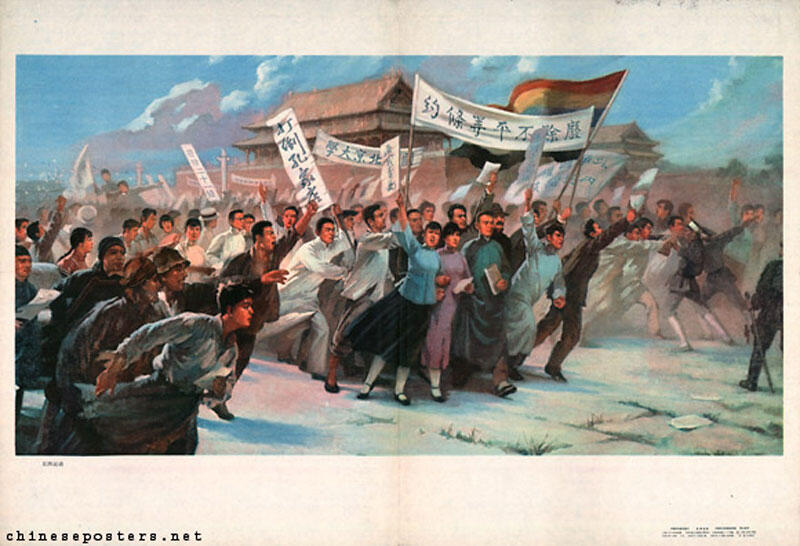The Party and its Intellectuals
"The Noble Vocation, Service, and Subordination: A Century of Party-Intellectual Relations" ved Timothy Cheek, The University of British Columbia.

Main content
Velkommen til en ny forelesning i serien Centenary of the Chinese Communist Party denne høsten: The Noble Vocation, Service, and Subordination: A Century of Party-Intellectual Relations by Timothy Cheek, The University of British Columbia.
The relationship between the Chinese Communist Party and China’s educated elites, generally known as intellectuals, has been defined by a contradiction: the Party’s enduring need for their services and the Party’s suspicion that intellectuals cannot be sufficiently loyal to its goals. The Party needs ideologists to tell its story and mobilize popular support, as well as for management and technical skills. Stalin called for “engineers of the soul” and a good number of intellectuals have chosen to serve or to speak for the Party. For some it was service to a new regime, for others it was onoerous subordination, and for yet others it was a noble vocation. This talk reviews some key examples to explain this enduring thought troubled relationship.
Opptak av forederaget
Foredraget ble spilt inn og kan ses her:
